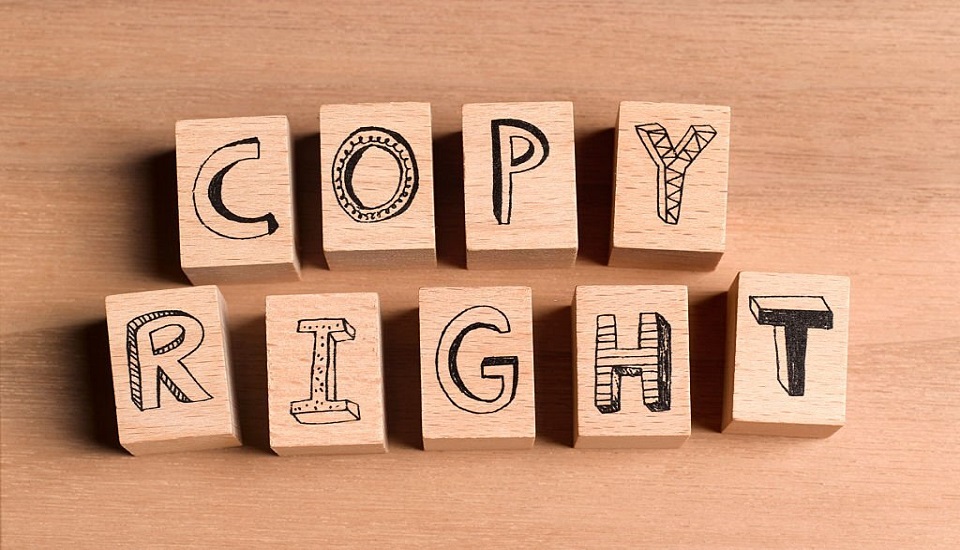
In today’s digital world, it has never been easier to publish online or consume digital content. Apart from the advantages, living in a digital world also carries numerous questions. Well, one subject that is very significant to understand is copyright.
Copyright is a matter that is frequently overlooked as it can be unclear or just not considered significant. Also, needless to say, there are also a lot of myths about copyright. As a TEFL teacher, it is very much important for you to know about copyright. The good news is it doesn’t have to be as complicated as you think.
Understanding the Concept of Copyright
In simple words, copyright is about the proprietorship of original works. However, the original work may take various forms but is not limited to including text, audio recordings, images, computer software, films and music. The copyright owner may licence the work for use by third parties as well. Copyright covers both published as well as unpublished works that are tangible in format.
In today’s digital world, copyright comes instantly upon the creation of the original work. The particular period of time depends on the authority. Here are some of the important copyright rules to remember ---
Copyright and Fair-minded Use
For the “fair-minded use” to apply, the copyrighted material must be used:
If you’re a TEFL teacher who’s teaching online or wanting to hand out copies of work, then you may not be covered by this exclusion. Similarly, some countries don’t have a fair use law or they may be more precise or comprehensive than the U.S.
What Can You Use in Class?
If you are an ESL/EFL teacher, you will perhaps have some scope under legislation based on the "Berne Convention”. This clearly permits copyrighted resources to be used without previous permission in some teaching circumstances.
Nearly all countries, including the USA, have regulations based in some way on the Berne Convention. The convention states:
“Art.10.2.- It shall be a matter for legislation in the countries of the Union, and for special agreements existing or to be concluded between them, to permit the utilization, to the extent justified by the purpose, of literary or artistic works by way of illustration in publications, broadcasts or sound or visual recordings for teaching, provided such utilization is compatible with fair practice.”
Well, what you cannot do is set-up these things into a textbook and sell them without permission. However, these laws differ from country to country. The UK have a little confusing law in this case. The UK Intellectual Property Office preserves that the regulation lets educators copy - as long as they don’t use a photocopier or alike copying device.
On the other hand, the Irish regulation states in section 53 that copying is allowed for instructive uses as long as "the copying is not by means of a reprographic process”. Spanish law-making allows the use of copyright work for instructive resolutions.
Please note, the copyright infringement and plagiarism are two different things.
To End With
We hope that this exclusive guide answers some of your copyright related questions and its fair use. When you become a TEFL teacher, with 120 hours TEFL Course in Kolkata, copyright is something that you need to know as an educator. All of the information here is offered as a general guide.
Want to earn your TEFL certification? Give us a call at you can reach us at +916292137532. Our expert advisor will share all the important aspects of the certification or even online, including the hiring process, salaries, visas, job placement assistance and more!